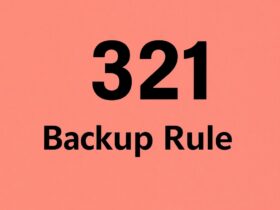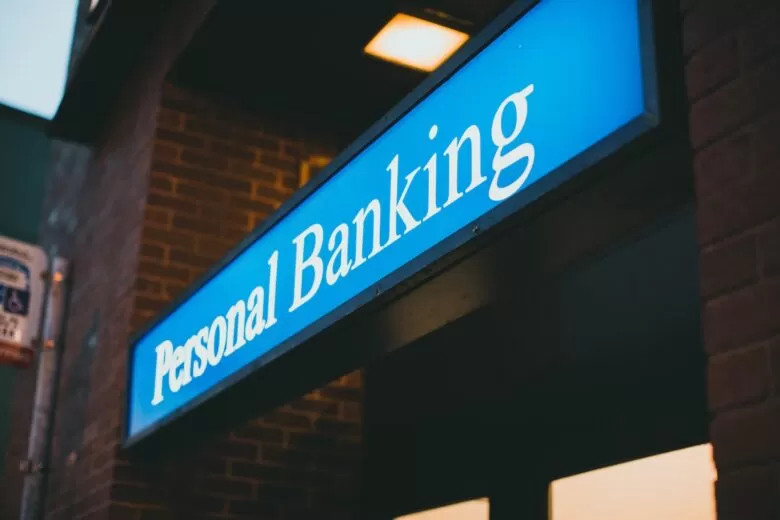Banking is an integral part of our economy, and customers must be protected when they bank. That’s why banks are required to have a banking license. This license protects customers in several ways, including ensuring that the bank has enough money to cover its deposits and segregating customer funds from its own money. This blog post will explore how banking licenses protect customers and why you can feel safe entrusting your money to a licensed bank.
4 Ways Banking Licenses Protect Customers
1. Regulated Interest Rates
Banks with banking licenses are regulated by the government and must abide by specific rules, such as interest rate limits. This ensures that banks don’t charge exorbitant interest rates on loans.
In addition, the interest rate limits protect borrowers and lenders from predatory lending practices. If a bank is found to be violating these rules, it can face serious consequences. For example, they could be forced to pay back overcharged interest or even face license revocation.
2. Deposit Insurance
Deposit insurance protects customers from losses if a bank fails. This insurance is provided by the Federal Deposit Insurance Corporation (FDIC) and is available to banks with a licensed banking status. This means that customers of a licensed bank can have peace of mind knowing that their deposits are protected up to a certain amount, usually $250,000.
3. Stringent Bank Regulations
Banks with a license are subject to more stringent regulations than non-licensed ones. This includes more stringent capital requirements, which ensure that a bank has enough money to cover its deposits and any losses it may incur.
It also includes more thorough auditing of the bank’s financials, which helps ensure that it is managed responsibly and not engaging in risky practices.

4. Offer Transparency
When it comes to a licensed bank, customers can expect more transparency. The bank must provide clients with clear and accurate information about their services, products, and operations.
The bank must also be open about any changes to policies or fees and any complaints it may receive from customers. This helps customers understand what to expect when they use a particular bank and can make informed decisions.
What to Do If Your Bank Loses Its License?
Banks can lose their banking licenses for various reasons, including mismanagement or not complying with regulations. If your bank has lost its license, you may be worried about the safety of your money. However, don’t panic – you can take steps to protect your funds.
- First, you should contact the bank to find out what has happened and how it plans to proceed.
- You can also contact the FDIC to check if your deposits are still insured. If not, you can withdraw your money and move it to another bank with a valid banking license.
- Lastly, you should file a complaint with the relevant regulatory authority if you believe your bank has acted improperly or violated any laws.
By taking these steps, you can ensure that your money is safe and protected even if your bank loses its license.
Why Trust Surf for Banking Licenses?
As a global leader in banking licensing solutions, we’re here to help. Our banking licenses guideline enables you to easily manage and verify your banking licenses, permits, and certifications, so you can keep track of all of the rules and regulations governing your business/finances, wherever you are.
In conclusion
In conclusion,banking licenses are an important component of the banking industry in ensuring customer protection. They require banks to pass strict regulations, properly manage their finances, and provide transparency and disclosure regarding the services they offer.
Furthermore, banking licenses provide customers with assurance that their funds are secure and that the bank is taking measures to protect their personal information. Banking licenses also help to ensure fairness among financial institutions by preventing them from engaging in predatory or deceptive practices.





























